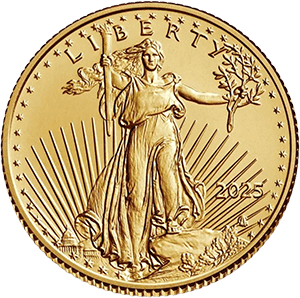
Gold in the Bible is more than a symbol of wealth—it's a sacred substance that appears throughout scripture as a metaphor for divinity, purity, and eternal value. For millennia, its shimmering luster has captivated humankind, not only as a monetary standard but as a spiritual ideal.
Gold in the Old Testament
Gold is first mentioned in Genesis 2:11-12, where the land of Havilah is described as having good gold. From the very beginning, gold was associated with abundance and goodness.
In the construction of the Tabernacle and the Ark of the Covenant (Exodus 25), gold is used extensively. God commands Moses to overlay the Ark with pure gold, both inside and out. This divine preference for gold highlights its spiritual significance—not just as a valuable material, but as a representation of holiness.
King Solomon, the wealthiest and wisest king in Israel’s history, famously received vast amounts of gold annually (1 Kings 10:14). The Temple he built was lined with gold, symbolizing God's glory and majesty. Gold here is inseparable from divine reverence.
Gold in the New Testament
The New Testament also reflects gold’s sanctity. The Magi, or Wise Men, presented gold as one of the three gifts to the infant Jesus (Matthew 2:11). This offering acknowledged His kingship.
In Revelation 21:18-21, the heavenly city of New Jerusalem is described as being made of pure gold, clear as glass. The streets themselves are paved with gold—an image of divine perfection and eternal splendor.
Symbolism of Gold in Scripture
Throughout the Bible, gold symbolizes purity, righteousness, and divine presence. In Job 23:10, the patriarch declares, "When He has tested me, I shall come forth as gold," emphasizing the refining and perfecting power of trials.
Gold also signifies incorruptibility. Unlike iron or copper, it does not tarnish or decay, which made it an apt metaphor for the enduring and unchanging nature of God.
Cultural Legacy
The biblical use of gold has had a profound impact on Western perceptions of wealth and value. Gold continues to symbolize prosperity and virtue, influencing everything from art and architecture to economic systems.
Today, for investors and collectors alike, gold still carries a sacred aura. Its scriptural lineage enhances its value as a store of wealth and a hedge against uncertainty.
Whether you view it as divine treasure or investment-grade bullion, gold’s biblical legacy is enduring—and deeply spiritual.






